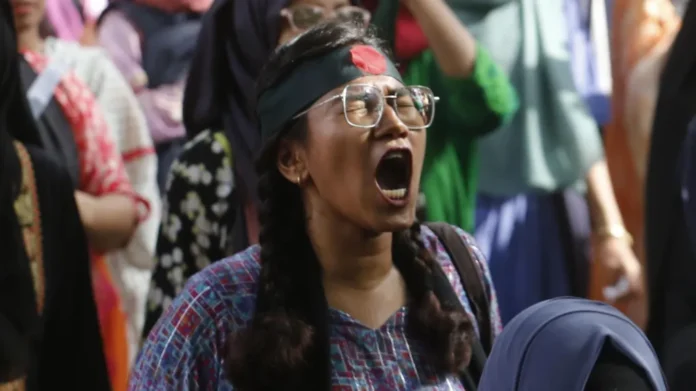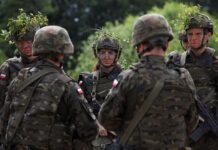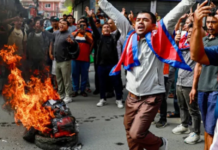Written By Lisa Murimi
Thousands of university students in Bangladesh are protesting a recruitment system they claim unfairly favors children of war heroes and certain groups for high-paying government jobs.
The protesters argue that the system is discriminatory and are demanding recruitment based solely on merit.
Currently, a third of government job posts are reserved for the children of those who fought for Bangladesh’s independence in 1971. Additionally, some positions are set aside for women, ethnic minorities, and the disabled. Critics assert that this system disproportionately benefits children of pro-government groups supporting Prime Minister Sheikh Hasina, who secured her fourth consecutive election victory in January.
Earlier this week, students blocked roads and highways in Dhaka and other major cities, causing significant traffic disruptions in what has been dubbed the Bangla Blockade. Some protesters even laid logs on railway tracks in the capital, halting train services to the north.
Bangladesh’s top court temporarily suspended the recruitment system on Wednesday, but students vow to continue protesting until it is permanently abolished. The system had only been reinstated last month after being halted since 2018 following weeks of protests.
Protest leader Rasel Ahmed declared, “We will not return to classrooms until our demand is met.” Another protester said, “My demand is for quota reform.”
Government jobs in Bangladesh are highly coveted for their high pay, with more than half of the positions reserved for specific groups. Despite Prime Minister Hasina’s condemnation of the protests, stating that students were “wasting their time,” the movement persists.
Bangladesh has seen significant economic growth, with per capita income tripling in the last decade. However, the economy faced turmoil in mid-2022 due to the pandemic and global economic slowdown.
















